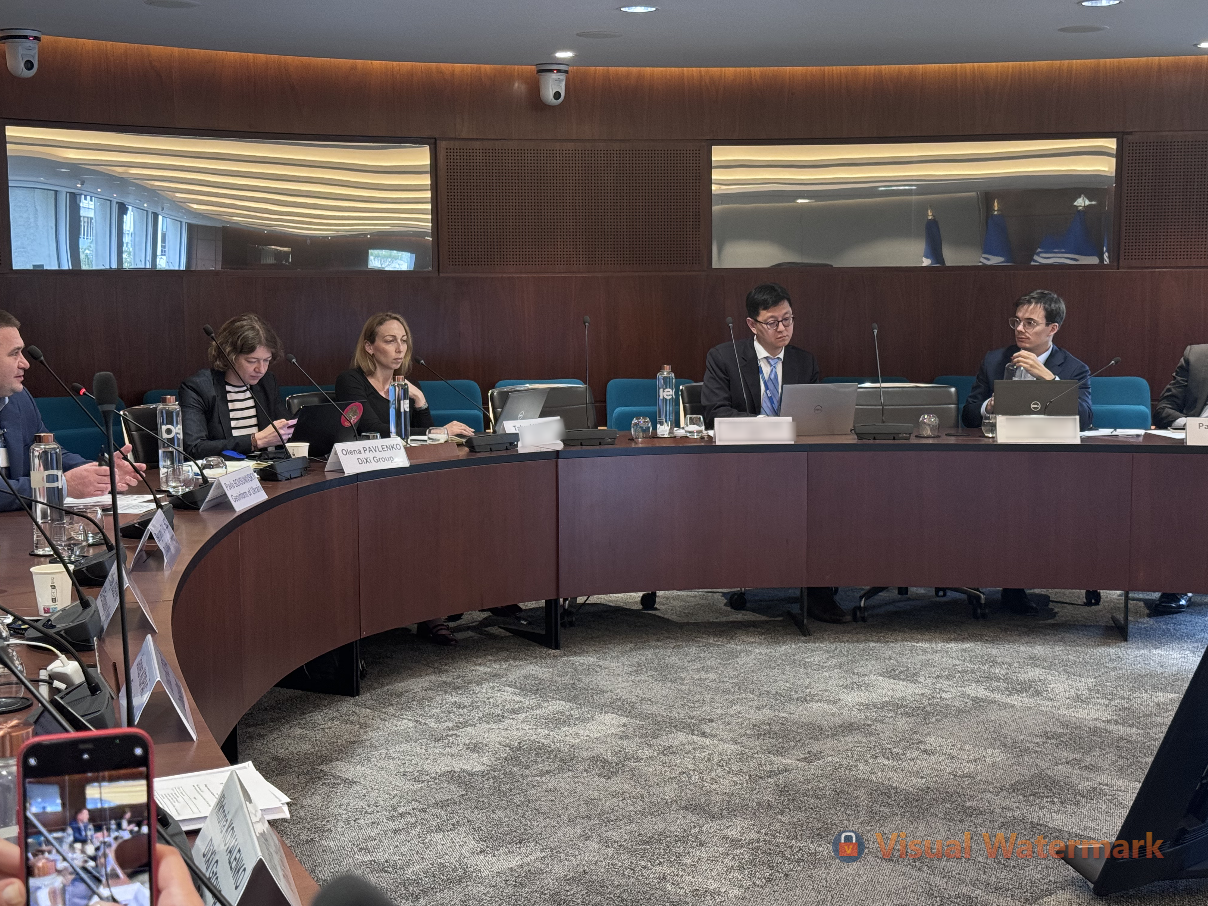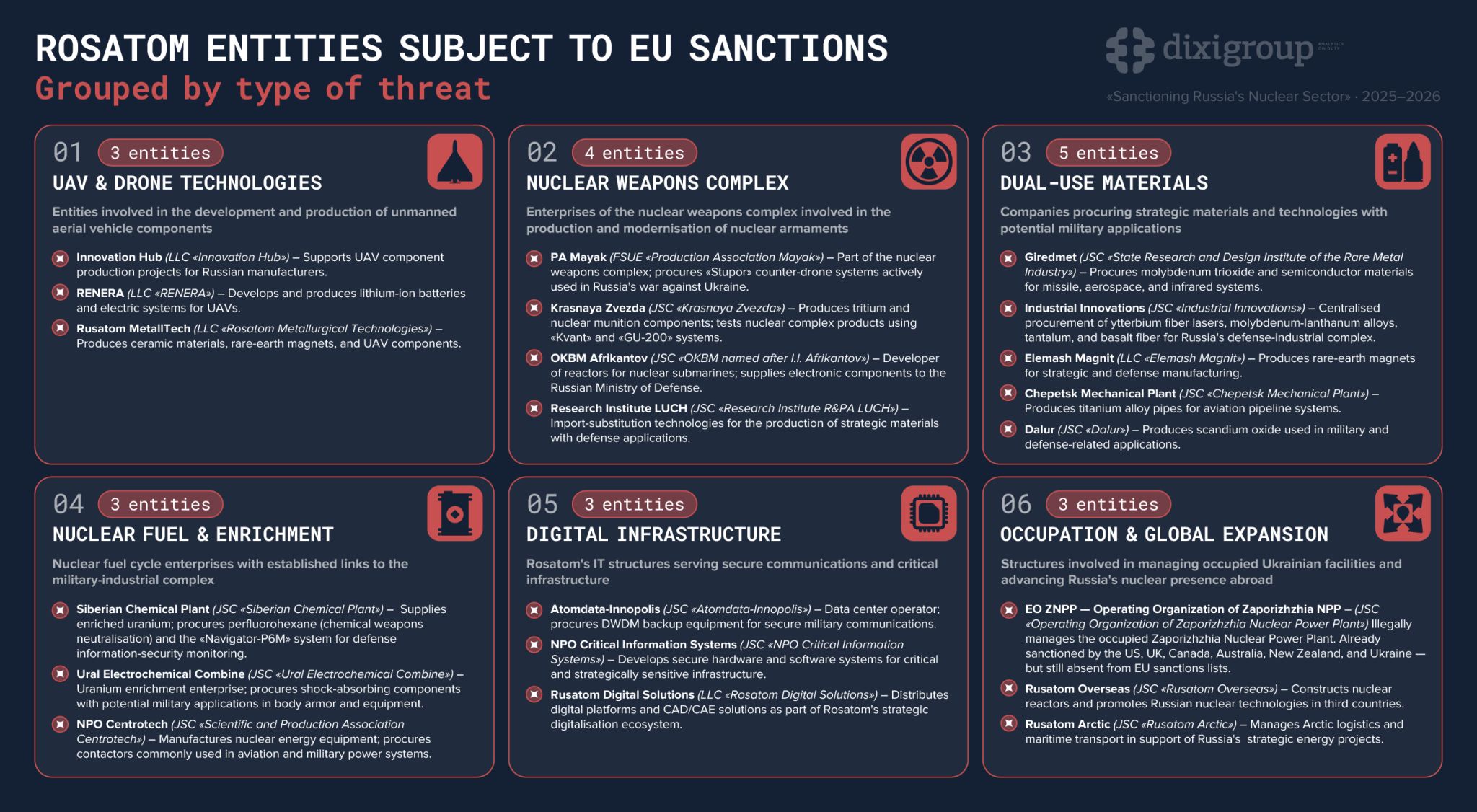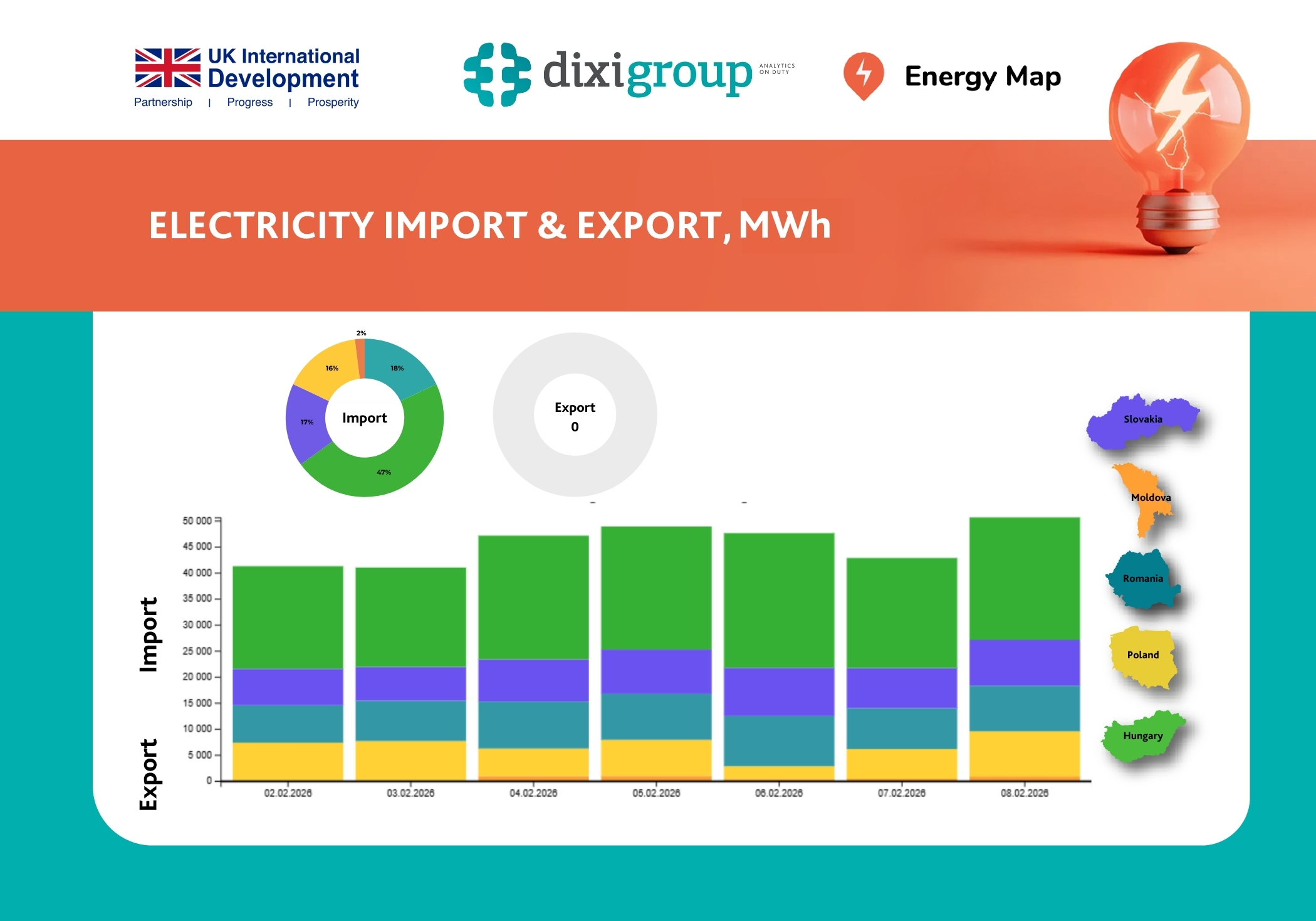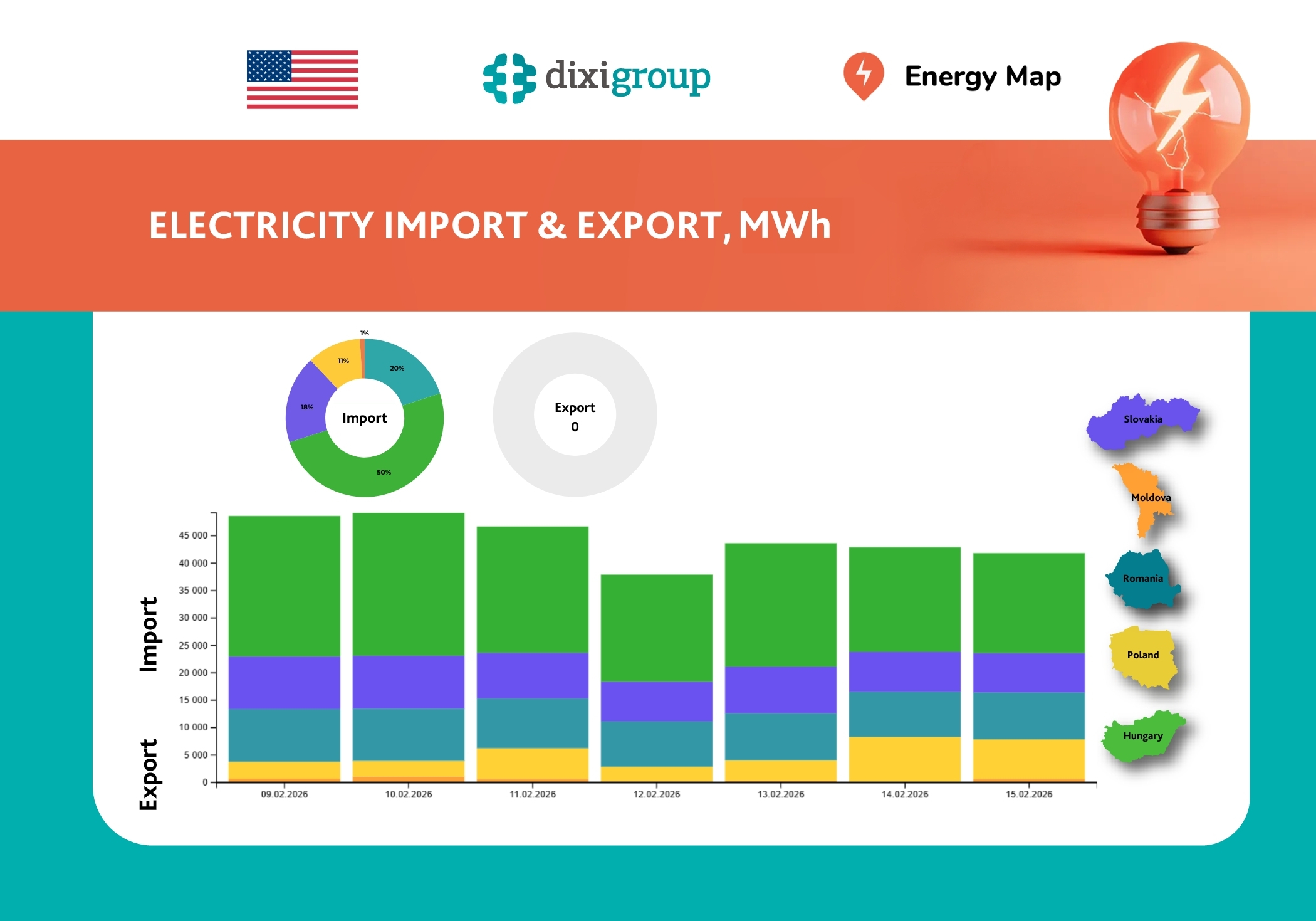On 10 September, the seminar “Strategic Pathways for Critical Minerals: Global Experience and the Future of Ukraine” was organised by DiXi Group think tank jointly with the International Energy Agency (IEA) with the support of USAID.

The event brought together representatives of the governments of Ukraine and France, the US Department of Energy, and Ukrainian and international experts.
According to the IEA study presented at the seminar, although the market for critical minerals is currently supplied with the required volume of raw materials, this is not a good benchmark for the future, as demand for the most important minerals continues to grow under all scenarios. Thus, according to IEA experts, it will almost triple by 2030 and quadruple by 2040, and under the zero emissions scenario (NZE) by 2050.
The report also noted that as the world’s leading economies switch to clean energy, there are risks to the availability of specific minerals. In particular, lithium and copper are at greater risk in terms of supply and production volumes, while graphite, cobalt, rare earth metals and nickel face more significant geopolitical risks.
As DiXi Group representatives noted in their speech, Ukraine has everything to become part of the supply chain for the global diversification of mining and processing of critical minerals. They also reminded that Ukraine has deposits of 22 out of 34 critical minerals on the European Union’s list, including lithium, graphite, nickel, cobalt, titanium, etc. In addition, Ukraine is one of the top five countries in terms of graphite reserves and ranks 9th in terms of titanium reserves. As a country rich in resources, Ukraine should use them for green recovery and economic growth.
The Ukrainian side also noted that the recently approved National Energy and Climate Plan until 2030 envisages decarbonisation of a number of sectors, as well as a significant increase in the share of renewable energy in final energy consumption. According to the participants, all this will require not only extraction, but also processing and use of a number of critical raw materials in production.
Therefore, there is a need to formulate a long-term vision of how to integrate the critical raw materials industry into Ukraine’s economic development and create jobs around it, as well as how to provide all the necessary elements of the value chain.
That is why DiXi Group initiated the development of the Strategy for the Development of Critical Raw Materials in Ukraine with the involvement of both Ukrainian stakeholders and international partners to make the Strategy transparent, consistent and ensure long-term economic development.
Representatives of the Government of Ukraine noted that the work under the Strategy should be aimed at addressing both technical issues related to exploration and supply and developing a legislative framework that will support and implement closer cooperation with the private sector.
The seminar was made possible by the support of the American people through the United States Agency for International Development (USAID) as part of the Energy Sector Transparency Project implemented by DIXI GROUP.






